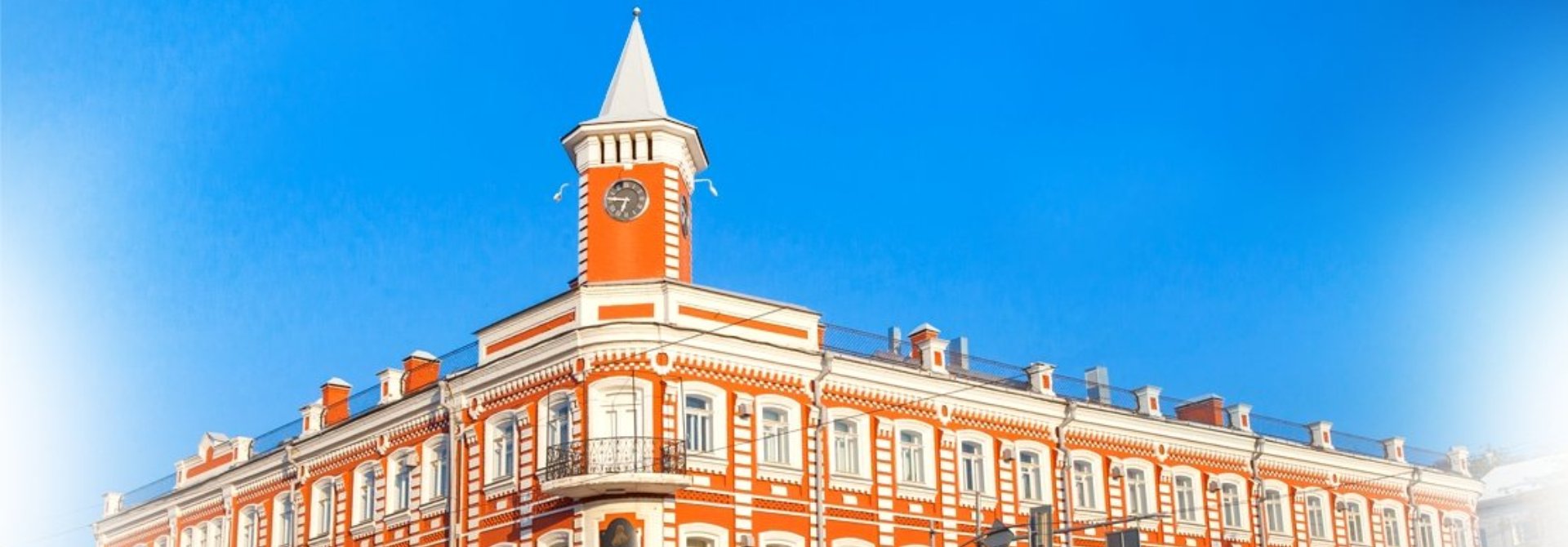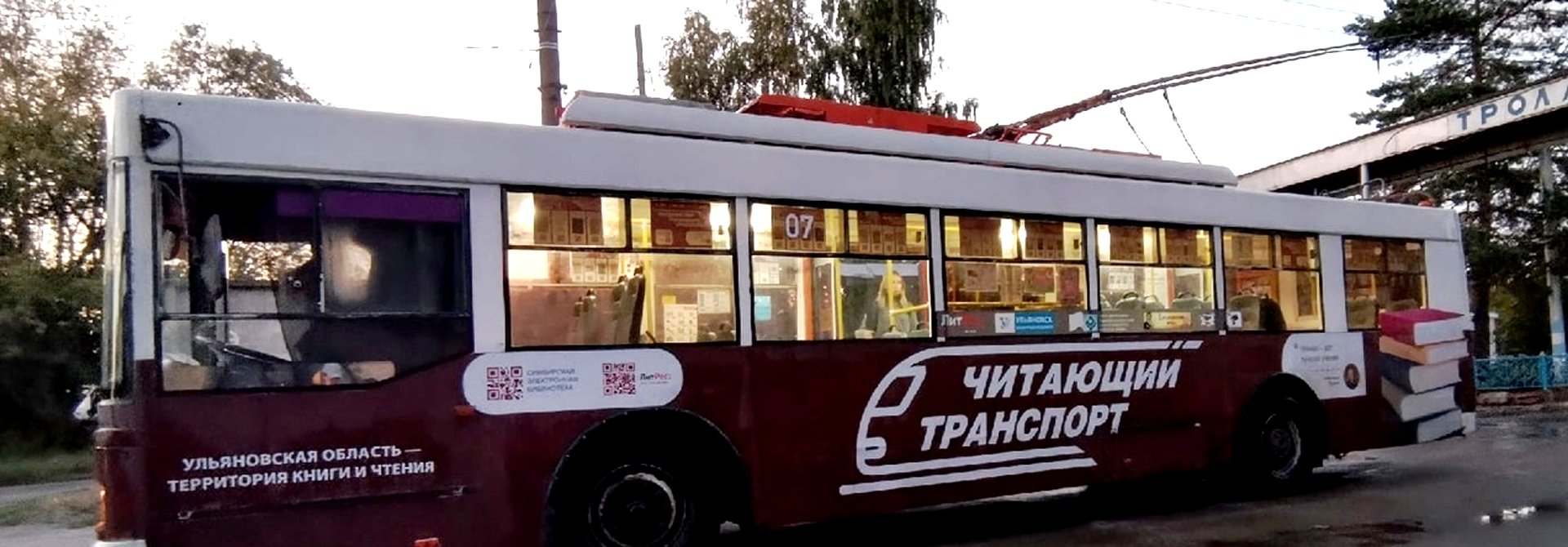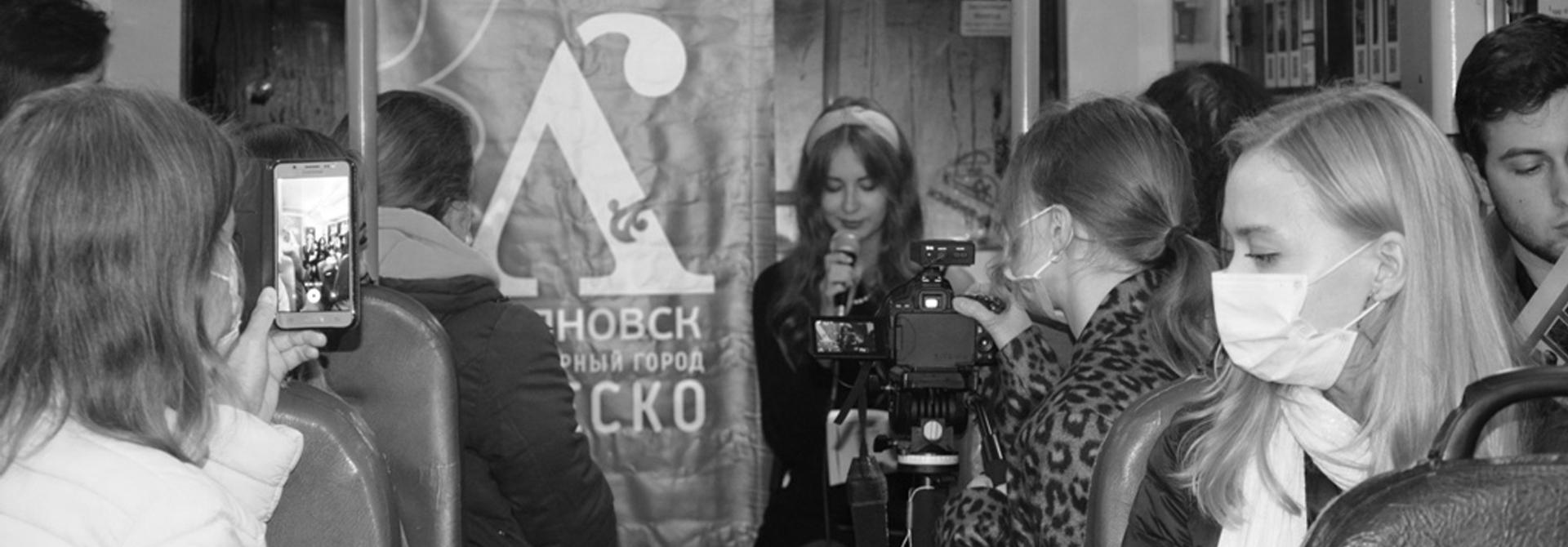
Тhe Ulyanovsk UNESCO City of Literature Program Directorate continues publishing The Only Question - new international project - materials. 40 authors from 18 UNESCO literary cities (or related cities) participate in the project. Authors from Ljubljana and Melbourne – Andrej Tomazin and Jo Langdon – are the new guests of the project.
The organizers invited writers, poets, playwrights, translators from UNESCO literary cities to imagine they have the opportunity to ask just one question to an author from any other literary city. The initiative will help to introduce the authors from the literary cities to each other and establish their dialogue. The project will also let to understand what issues are of concern to authors from different countries today. Besides, it will provide an opportunity for readers to get to know new writers and poets.
Questions and answers by the authors (in Russian and English) along with a short biography of each participant and links to their publications will regularly appear on the Ulyanovsk UNESCO City of Literature Website, other literary cities' websites, and social media, etc. Writers' dialogs will also be offered for publication on the project partners' platforms (literary magazines, libraries, literary media, and mass media). As a result of the project, in summer 2022 an online anthology will be released (in Russian and English) with all the conversations.
Ljubljana-Melbourne – Andrej Tomazin and Jo Langdon
Jo Langdon, Melbourne
What alters for you in—in your priorities, interests, intentions, or otherwise—in moving between the spaces of longer and shorter prose fiction (the novel and short stories), poetry, and theory?
Andrej Tomazin, Ljubljana
I think this question could be linked to the question of time, in sense of how a person perceives time in the 21st century. I always think about the Soviet film director Andrei Tarkovsky and his idea of "sculpting in time", of his specific shots that marked the 20th century, which was done in rushing away from consumer culture, the prosthetic civilization, as he liked to call it. At first glance, you could say that today's world, on the contrary, succumbs to intermittent production of time (e.g. you leave articles for later, you pause the movies, but that was all already present with literature, which could be paused at any point of reading) and superficial perception of things, but at the same time, one can indulge in different art forms, which are born from new technologies, such video-sharing website as YouTube, where one can watch unedited dashcam footage of driving on snowy Russian road, where we can actually relive the experience of Tarkovskian "sculpting in time" in all its charm. I would probably argue that there are more and more different ways of understanding time: it is about multiplying the forms of time, not about impoverishing them. This brings me to the difference between the different forms, which are based on different socio-cultural contexts, with novels emerging from deep within 19th century and short stories becoming prominent only later in the 20th century, but all of them exist on the same plateaux at the moment, all of them trying to be impacted or impact the current situation, which goes beyond the written language and becomes much more omnipresent than it ever was. As an author who also works with music and other media, I believe one needs to take into account the ideas, motifs presented and decide which medium serves him best. I think as an author in 2021 we have much more freedom than those before us, but at the same time, we might have too much freedom to be able to comprehend it and adequately convey our ideas and thoughts.
Andrej Tomazin, Ljubljana
If we now focus on your poems, which you say are products of experience, mediated in time: what is the time for you, what does it mean to you, does to your work, as an author in the 21st century?
Jo Langdon, Melbourne
Thank you for this question! Yes, I think poems can be products of experience, which might include the experience of reading other texts, so the experience of finding ways 'into' and around in language ... So the poem itself for me, and what it's made of, comes before the experience or subject matter, if that makes sense. Then, time for me in poetry is striking both as a verb and a noun. For the latter, I've been interested to read about how lockdowns can affect our experience of time (e.g. see https://theconversation.com/how-the-groundhog-day-grind-of-lockdown-scrambles-your-memory-and-sense-of-time-164951). In my experience, poems can compose their own temporal spaces, layering the immediate and past and future or unknown and abstract in deft movements of line and image and detail. Then, as in your answer, there are 'practical' and socio-material conditions around the time we can read and write. After my 2018 collection was published, I had my first child in early 2019. The first things I wrote after that, while my daughter was very small, were written in brief windows of time, which were dreamlike perhaps less in the sense of being 'dreamy' and more of being intense and disturbed!—during chance opportunities to read, write and think while I was feeding a baby, or between her/my sleep, or during walks while she slept in a pram and where I had 'time' to type notes or lines into my phone's notes app, or jot things down on scrap paper.
ABOUT THE AUTHORS
Andrej Tomazin

Andrej Tomazin (1988) is a writer and theorist, based in Ljubljana. He has four books published in Slovenian: two short story collections, a novel and a poetry collection Baselines. His latest is Anonymous Technology, a short story collection. It was nominated for the kritiško sito (critics' sieve) Award presented by the Slovenian Literary Critics’ Association for the best book of the previous year and the novo mesto award for the best short story collection of the previous year. His short stories were translated into Hungarian, German, English, Estonian, Croatian, Serbian and Spanish language. A German translation of his debut will be published in 2023.
Publications and interviews links:
http://sumrevija.si/hypersonic-hyperstitions/ (EN prose)
https://www.dnevnik.si/1042894291 (SL interview)
https://www.ludliteratura.si/intervju/v-svojem-delu-bi-tezko-karkoli-imenoval-organsko/ (SL interview)
Jo Langdon

Jo Langdon primarily writes poetry and fiction. She is the author of the poetry collections Snowline (Whitmore Press, 2012) and Glass Life (Five Islands Press, 2018). Her writing is also published in journals such as Antipodes, Cordite, Island, Meanjin, Overland and Southerly. In 2018 she was a fellow of the Elizabeth Kostova Foundation's Sozopol Fiction Seminars in Bulgaria, and in 2020 her short fiction placed in the Olga Masters and Newcastle Short Story Awards. She lives and writes on unceded Wadawurrung land in Victoria, Australia.
https://www.fiveislandspress.com.au/books-20072019/featured-books/glass-life-jo-langdon
https://islandmag.com/read/tend-by-jo-langdon?rq=jo%20langdon
https://overland.org.au/previous-issues/issue-232/poem-infelicity/
http://cordite.org.au/poetry/notheme7/apropos-2/
https://www.stiltsjournal.com/single-post/configurations-jo-langdon
https://overland.org.au/previous-issues/issue-222/fiction-jo-langdon/
https://www.slowcanoe.com/Jo-Langdon-Interview
Previous issues:
- Heidelberg-Ulyanovsk – Şafak Sariçiçek and Sergei Gogin
- Melbourne - Heidelberg – Christopher Raja and Klaus Kayser
- Calgary-Mannheim - Kelly Kaur And Claudia Schmid
- Melbourne And Ulyanovsk - Rijn Collins and Gala Uzryutova
- Heidelberg - Nottingham – Ingeborg von Zadow and Leanne Moden
- Durban-Ulyanovsk – Adiela Akoo and Sergei Gogin
- Heidelberg-Ulyanovsk|Moscow – Şafak Sarıçiçek and Irina Bogatyryova
- Yekaterinburg-Iowa City – Ekaterina Simonova and Jacquelyn Bengfort
- Iowa City-Québec – Jeremy Geragotelis and Vanessa Bell
- Heidelberg-Ulyanovsk – Juliane Sophie Kayser and Gala Uzryutova
- Durban-Melbourne – Adiela Akoo and Rijn Collins
- Heidelberg – Dublin – Şafak Sarıçiçek and Csilla Toldy
- Ulyanovsk - Heidelberg - Gala Uzryutova and Juliane Sophie Kayser
- Melbourne-Heidelberg: Anne Richter And Judith Rossell




